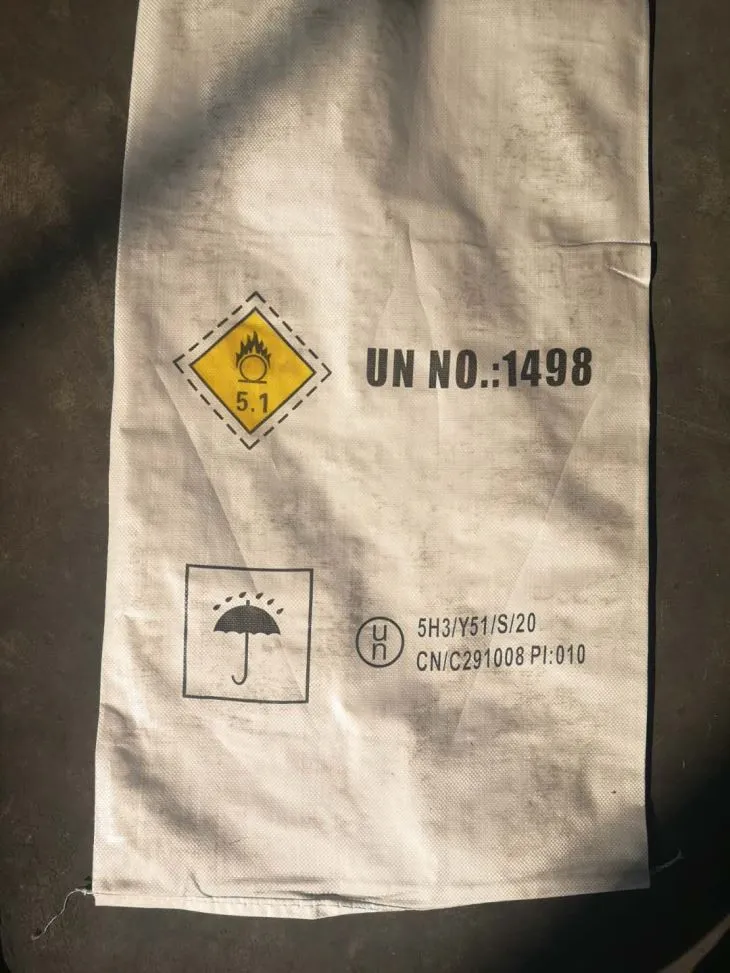



cooling tower water chemicals
Cooling Tower Water Chemicals Ensuring Efficiency and Longevity
Cooling towers play a crucial role in various industrial processes, helping to dissipate heat generated by equipment and machinery. To ensure their efficient operation and longevity, managing water quality and treatment is essential. This is where cooling tower water chemicals come into play. These chemicals not only improve performance but also prevent potential issues that can arise from unregulated water chemistry.
The primary purpose of using chemicals in cooling tower water is to control scale, corrosion, and biological growth. Scale can form due to the precipitation of minerals like calcium and magnesium, leading to reduced efficiency and increased energy costs. Chemical additives known as scale inhibitors, such as polyacrylic acids or phosphonates, are commonly used to minimize scale formation and protect the heat exchange surfaces.
Corrosion is another significant concern in cooling systems, as it can lead to leaks and system failures. The introduction of corrosion inhibitors, such as amines or molybdates, can significantly enhance the lifespan of cooling tower components by creating a protective film on metal surfaces. Regular monitoring and adjustment of water chemistry—primarily pH levels—are also vital in mitigating corrosion risks.
cooling tower water chemicals

Biological growth, including algae and bacteria, poses serious threats to cooling tower efficiency. Biofouling can clog up cooling systems, leading to higher operational costs and lower heat transfer efficiency. Biocides, such as chlorine or bromine, are employed to manage these microorganisms and maintain sanitation within the cooling tower. Additionally, non-oxidizing biocides can be used to target specific types of organisms without affecting other aspects of water chemistry.
Chemical treatment programs must be tailored to the specific requirements of each cooling system. Factors such as local water quality, environmental regulations, and operational parameters all impact the selection and dosages of chemicals used. Regular water testing is essential to keep the system balanced and ensure that chemical dosages are adjusted as needed.
In conclusion, the use of cooling tower water chemicals is vital for maintaining system efficiency, preventing damage, and extending the operational life of cooling towers. By effectively managing scale, corrosion, and biological growth through a tailored chemical treatment program, facilities can save on maintenance costs, enhance performance, and contribute to more sustainable industrial practices. Ensuring the right balance of chemicals not only protects the cooling tower but also supports the overall productivity of industrial operations.
-
Why Strontium Carbonate Still MattersNewsJun.06,2025
-
Why BaSO4 MattersNewsJun.06,2025
-
Why Barium Carbonate Still MattersNewsJun.06,2025
-
Strontium Hydroxide: A Versatile Compound for Modern ApplicationsNewsJun.06,2025
-
Strontium Chloride in Daily IndustryNewsJun.06,2025
-
Pure Potassium Nitrate for SaleNewsJun.06,2025
-
What Is Sodium Bisulfate Used For?NewsMay.15,2025










